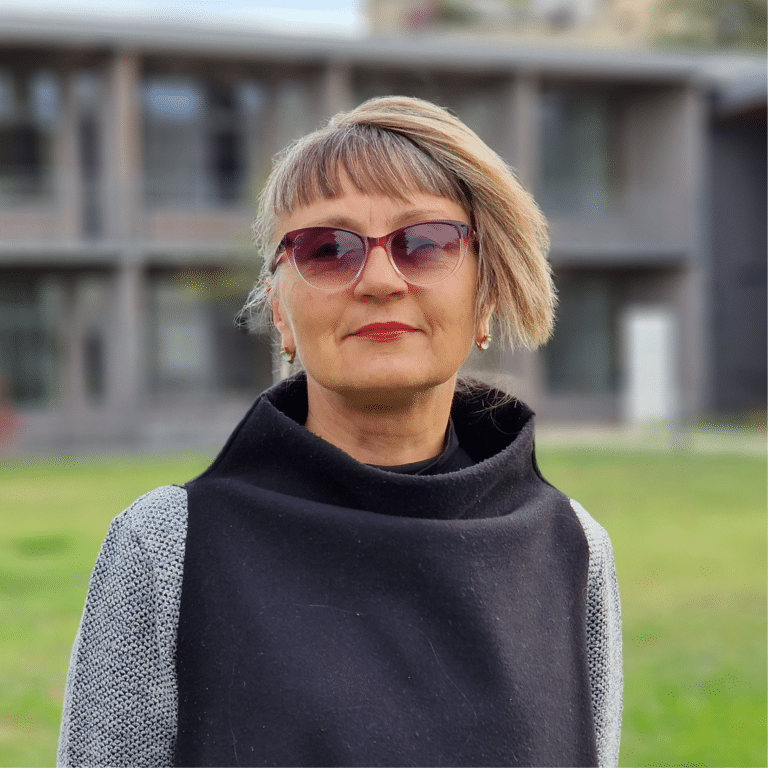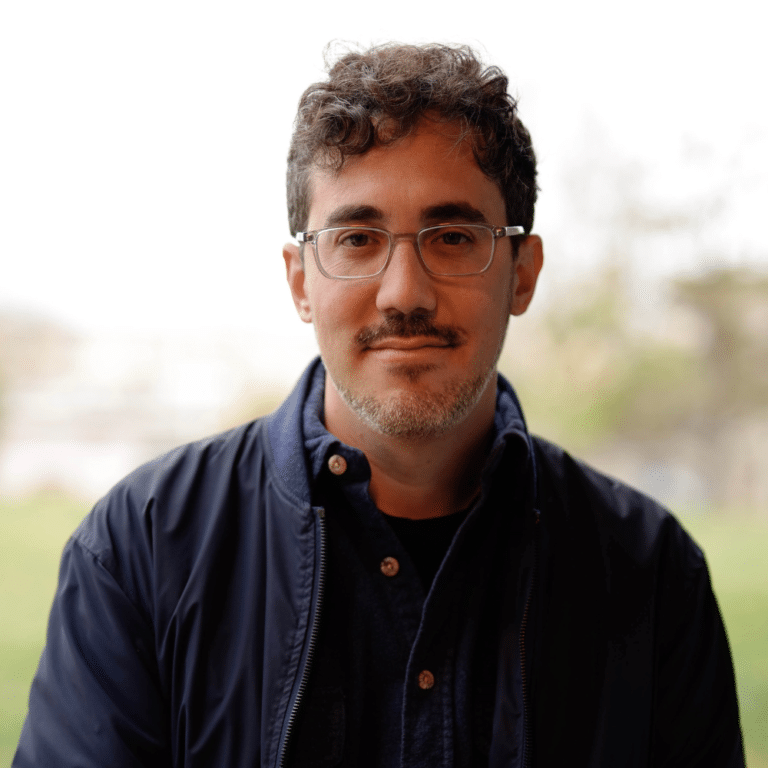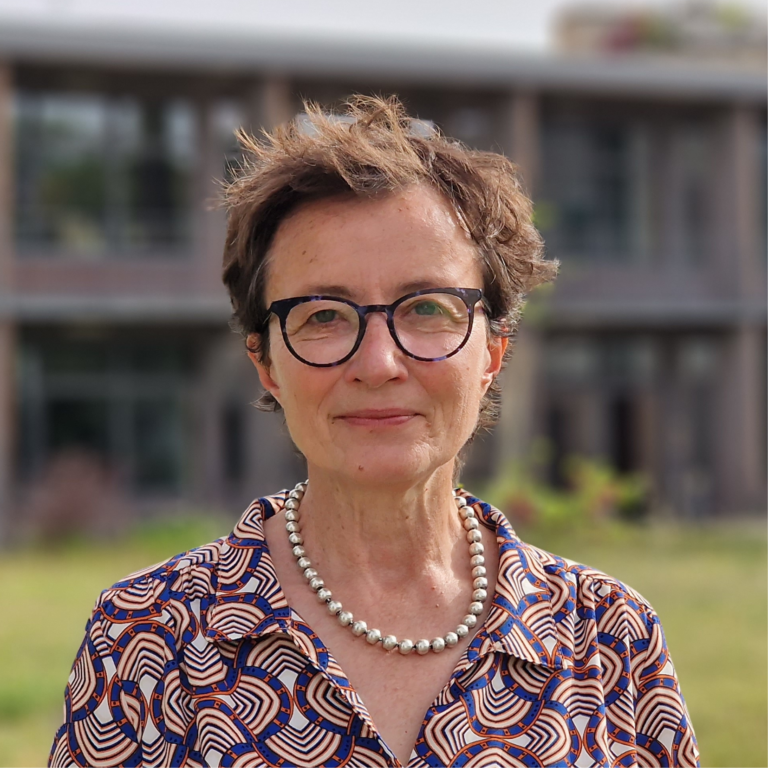
Credit: Andonian Timothée / Iméra
Robert Krause
Research project
The Unconditional Basic Income: towards a cultural and intellectual history of a necessary utopia
Summary of the research project
The Corona pandemic has drastically changed many parts of society, including the working conditions. In view of company closures, loss of earnings and short-time work, but also the incompatibility of working from home and home-schooling, the call for a basic social income is getting louder and more multi-voiced.
On 19 March 2020, the PEN Centre Germany already endorsed the proposal to launch a “basic income for self-employed creative artists” in a “quickly, unbureaucratically, efficiently” way, as demanded by the Berlin fashion designer Tonia Merz in a petition. This Basic Income should cover at least a period of six months. In a further petition to the Federal Minister of Finance, Olaf Scholz, signed by 290,300 people, the freelance Leipzig counter-tenor David Erler also proposes “unbureaucratic bridging funds”, for example a “temporary (unconditional) basic income” for “freelancers and creative artists”. These live “on the edge of the subsistence level anyway, but the current mass cancellation of events threatens to push them over that edge”. In reaction to this, france culture raised the question: “Le revenu universel pourrait-il avancer en France ?”
The Corona crisis threatens to drive many creative artists into unemployment and thus drastically impoverish the art and cultural landscape. Anyhow, at least the creative artists, just like (other) intellectuals, also have special means of expression at their disposal to draw attention to the immense, barely quantifiable importance of art and culture for society. In order to understand the debates on the Unconditional Basic Income anyone should also consider its cultural and intellectual history. This history is still unwritten (cf. Kovce, Priddat 2020: 25, 38). The present project is now dealing with it. In view of the numerous worthwhile sources, the approach will be exemplary and comparative. The focus is on two different thinkers of utopia and pioneers of the Unconditional Basic Income: André Gorz (1923-2007) and Joseph Beuys (1921-1986). Both belong to the same generation. Examining their thematically relevant writings and contexts helps to understand the Unconditional Basic Income as a telos that crosses borders between countries, political camps and literary genres and can be considered a necessary utopia.
The present project is oriented towards the cultural and intellectual history; it has three phases and combines own research with podium discussions. It follows on from previous publications of Mr. Krause on the cultural history of leisure and idleness in the 19th and 20th century (Krause 2021) and on utopian concepts in early critical theory (Krause 2016), as well as from current collaborative research on the relationship between political participation and unconditional basic income at the Freiburg Institute for Basic Income Studies (https://www.fribis.uni freiburg.de/project/participation-bge/). Further developing these ideas and project work within the framework of Iméra contributes to the interdisciplinary Franco-German dialogue on Unconditional Basic Income. Sebastian Hüsch, Nicole Colin and Catherine Teissier, professors of German culture and history of ideas at the Université Aix-Marseille, are local cooperation partners. Their research projects on boredom as a phenomenon of modernity (Hüsch 2014) and on “Travail en crise” (Colin / Teissier 2022/23) offer interesting points of reference to the project’s epistemological and socio-cultural interest in the Unconditional Basic Income as a necessary utopia. Cooperation with the Atelier de recherche Travail et Libertés (ArTLib) is also planned.
Biography
Robert Krause ist Associate Professor (“Privatdozent”) of Modern German and Comparative Literature at the Albert Ludwig University of Freiburg and Associate researcher at the Freiburg Institute for Basic Income Studies (FRIBIS). He obtained his PhD at the University of Freiburg in 2009 with a dissertation dedicated to the phenomenon of acculturation in exile writing after 1933 (published by edition text+kritik: Munich 2010). His next book, his habilitation thesis, was devoted to a socio-cultural analysis of representations of work and leisure in 19th century German and French literature and philosophy (published by Metzler: Berlin 2021). Among other things, he is co-editor of the „Jahrbuch zur Kultur und Literatur der Weimarer Republik“ (edition text+kritik) and guest-editor of a special issue on Walter Benjamin’s French Constellations (Lendemains 2021).
In Freiburg he has been involved in several research projects, including the Freiburg special research area “leisure“ (in 2013/2014) and a project on the connection of inconditional basic income and political participation (https://www.fribis.uni-freiburg.de/project/participation-bge/) as well as a project in Bern on the sources of Walter Benjamin’s Work (in 2019). He has also been a Research fellow in Paris (autumn 2016).
Robert Krause ist deeply interested in European modernity of the 19th and 20th centuries, the Weimar Republic, Exile and migration, and in the history of work and leisure. His research focuses on cultural studies, Intellectual History, critical theory and Comparative Literature Studies.



